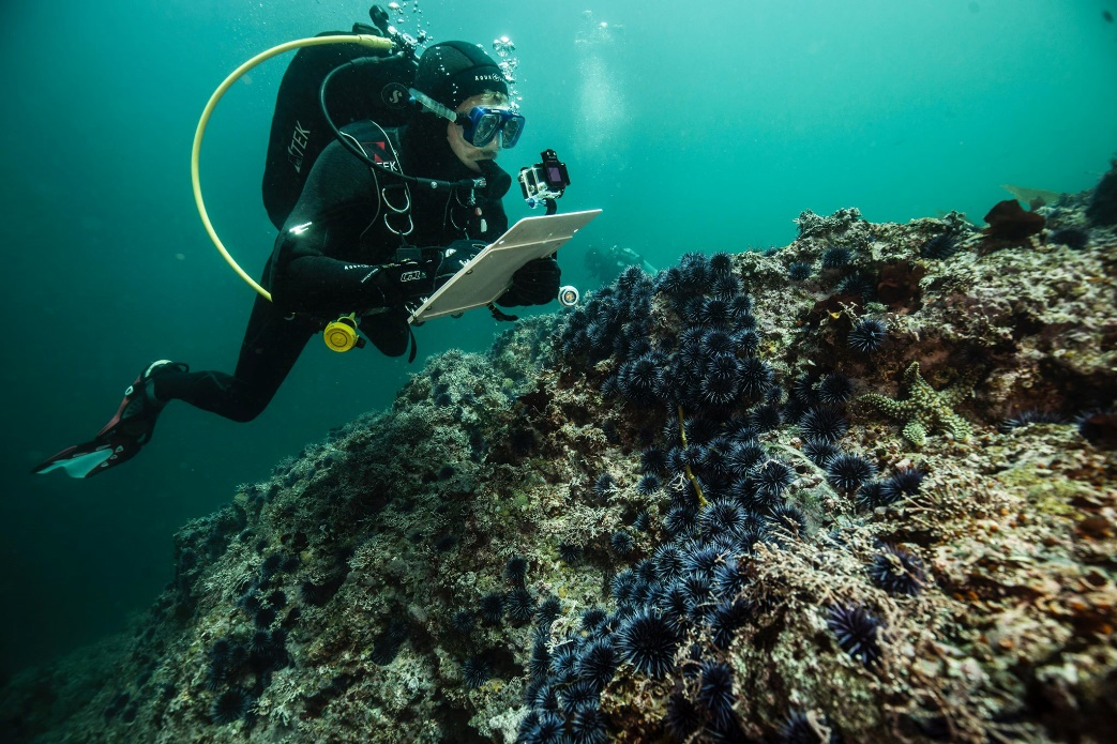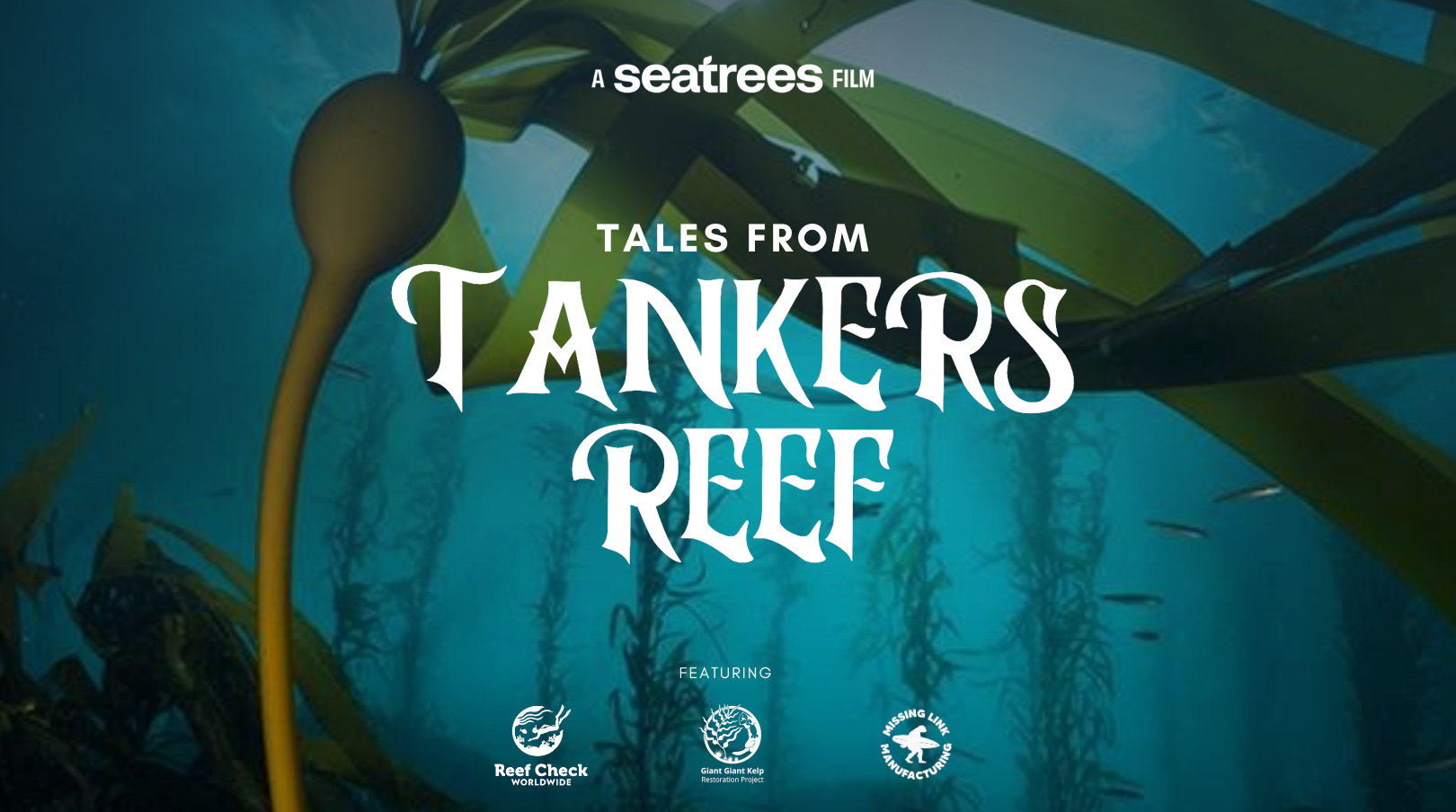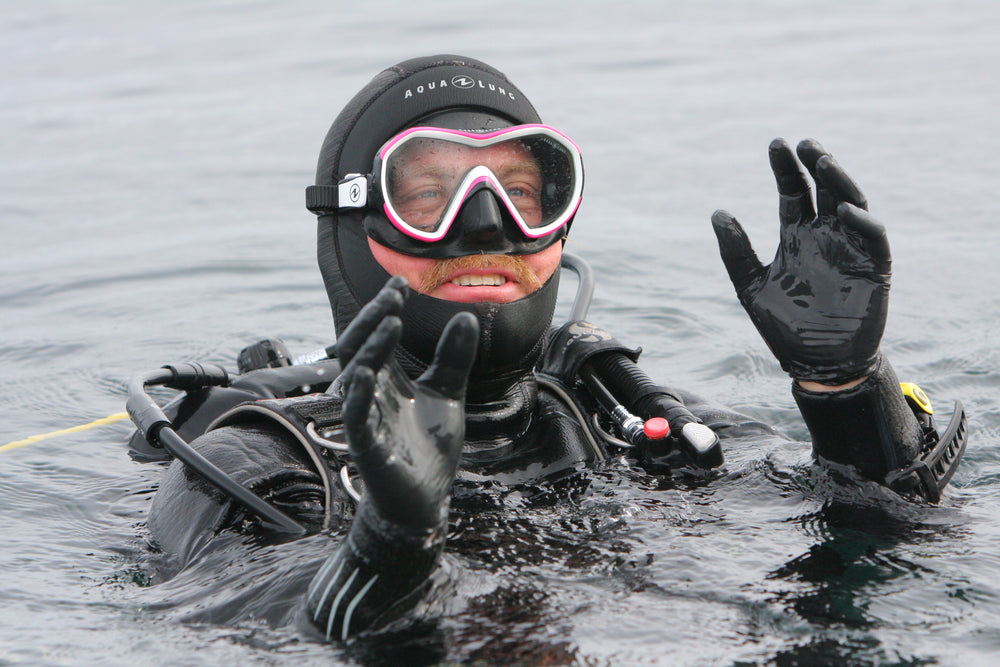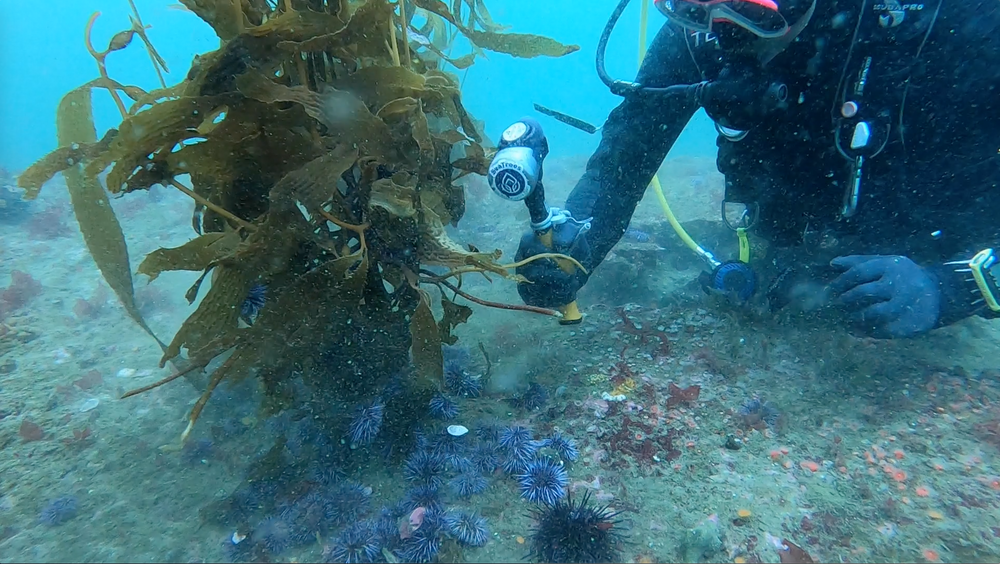
Community-led Kelp Restoration
In partnership with Reef Check California and G2KR, Seatrees is helping to restore a one-hectare Giant Kelp forest at Tankers Reef in Monterey Bay. This site is accessible to the public from Del Monte Beach and home to sea otters, dolphins, and sea lions.
Like much of California’s coast, Monterey’s kelp forests have declined due to an explosion of purple sea urchins. The loss of their predator (sea stars, from wasting disease in 2014) and warming waters from the 2014–2015 “blob” created lasting “urchin barrens” that prevent kelp recovery without intervention.
Divers taking direct action
Divers identify purple urchin barrens within pre-designated areas and clear those areas with hammers.
Reef Check California then monitors the site as the kelp forest ecosystem reestablishes itself.
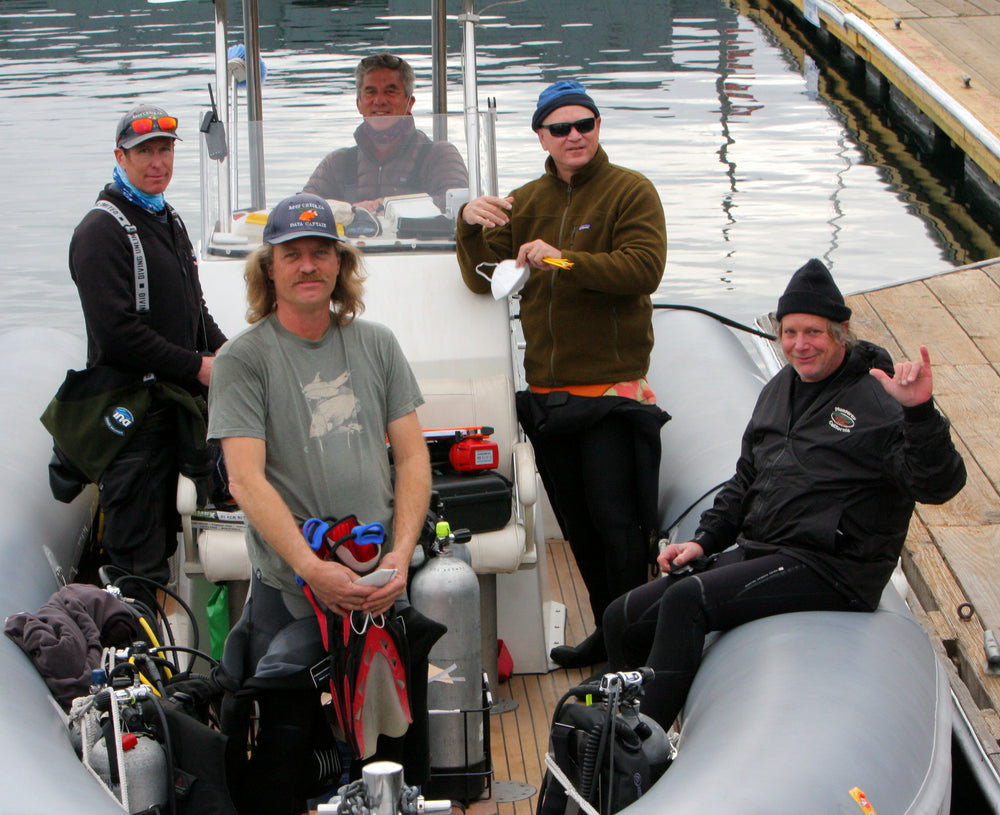
Reef Check California and G2KR
SeaTrees has partnered with Reef Check California and G2KR to establish a kelp forest restoration project at Tankers Reef in Monterey Bay, California. With the help of local “citizen scientists”, we’re clearing purple urchins to make space for Giant Kelp forests to regenerate.
In addition to reestablishing the kelp forest ecosystem at Tankers Reef, the goal of this project is to determine if recruiting recreational divers can be an effective strategy for restoring kelp forests at scale.
A little further reading...
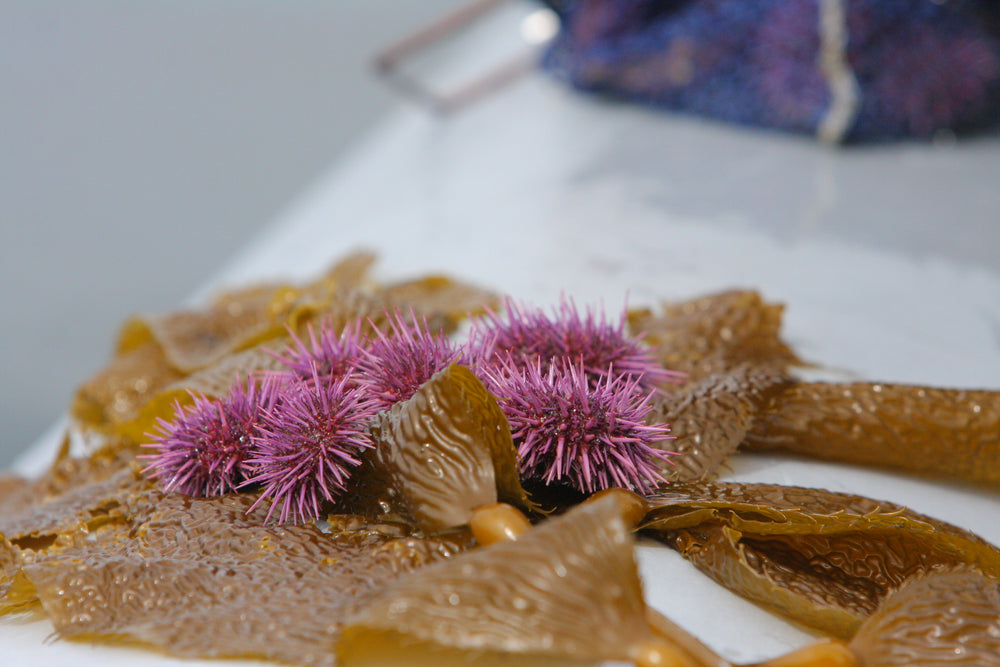
Sustainable Development
This project provides critical research for kelp forest restoration practices. This in turn drives other Sustainable Development benefits produced by the project.
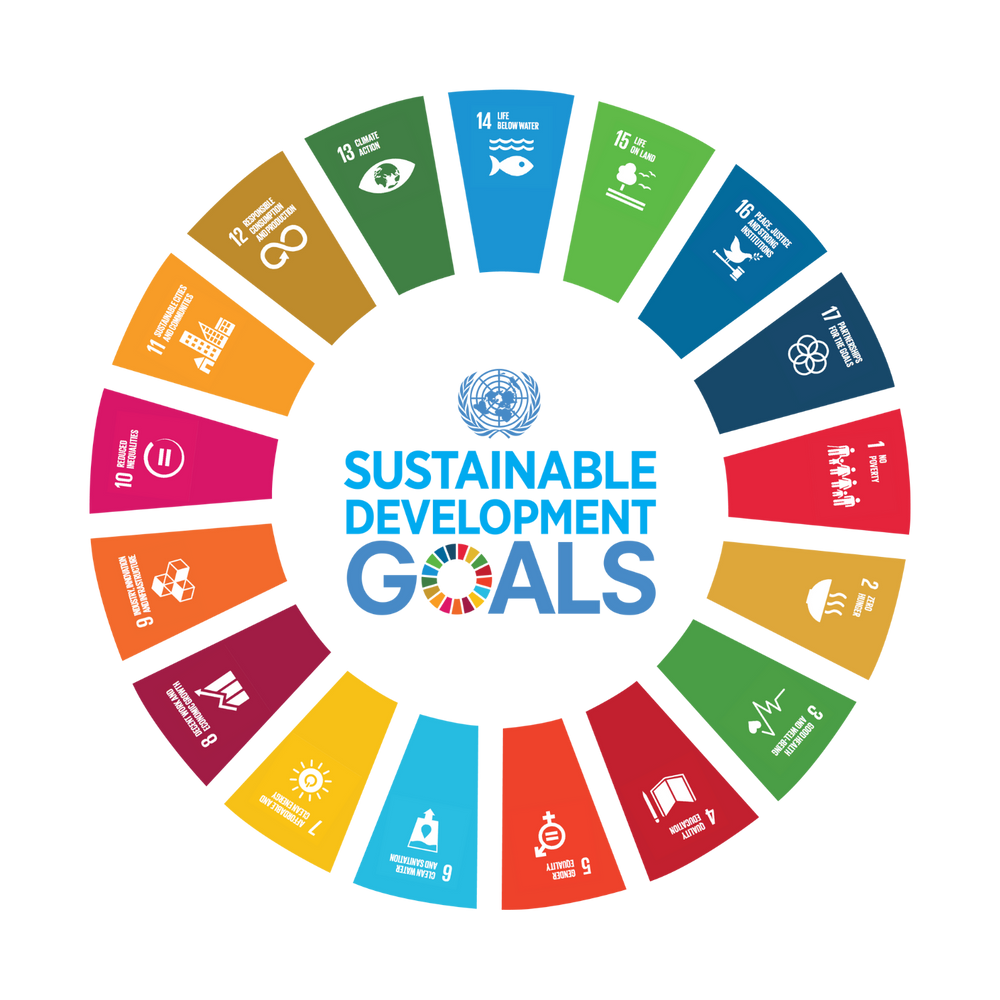
Sustainable Development at Tankers Reef
Seatrees supports the kelp forest restoration and research efforts by Reef Check California and G2KR in partnership with “citizen scientist” volunteer divers. This project is a starting point that could lead to large-scale, low-cost kelp forest restoration activities across the California coast—where critical kelp forest ecosystems are in a state of crisis.
Key Impact Metrics
- 4 surveys conducted at Tankers Reef in 2024 (74 dives by 17 trained divers, staff + volunteers).
- Urchin densities reduced at the restoration site (3/m²) compared to the control site (5/m²).
- Giant kelp densities remain stable since fall 2023 surveys.
- Kelp stipe densities declined 45% in June 2024 but have since stabilized.
- Oxygen tanks, boat time, and materials for volunteer divers supported by SeaTrees
- 180+ volunteer divers registered
- 10,000 sq-m of kelp forest to be restored
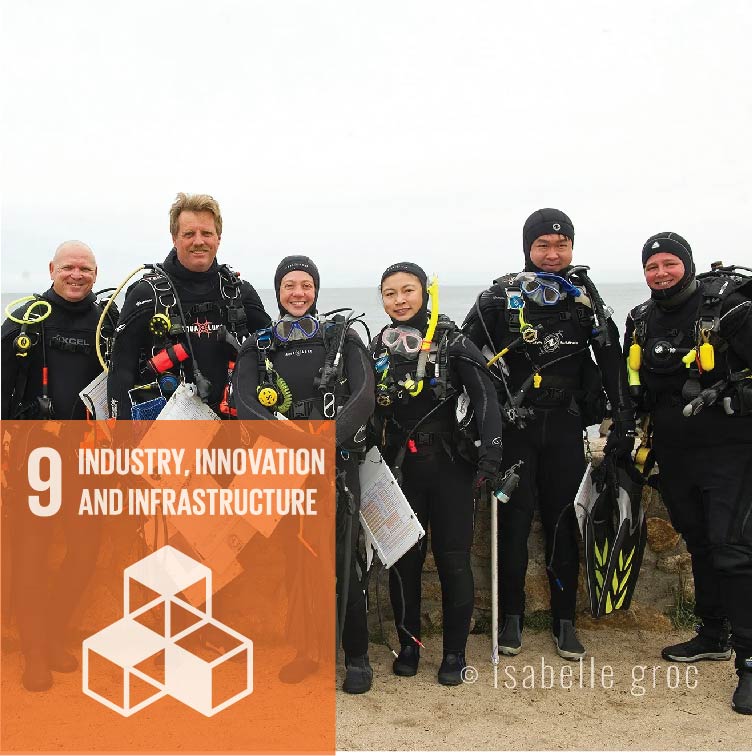
Industry, Innovation and Infrastructure
This project is on the forefront of kelp restoration research in California. In addition to restoring the kelp forest ecosystem in Monterey Bay, CA, the goal of this project is to research new methods for restoring degraded kelp forests in the region.
Reef Check California and G2KR, SeaTrees’ partners in Monterey, are recruiting “citizen scientist” volunteer divers to restore 10,000 sq-m of kelp forest at Tankers Reef in Monterey Bay. If successful, this project will help prove that recreational divers are able to restore degraded kelp forests.
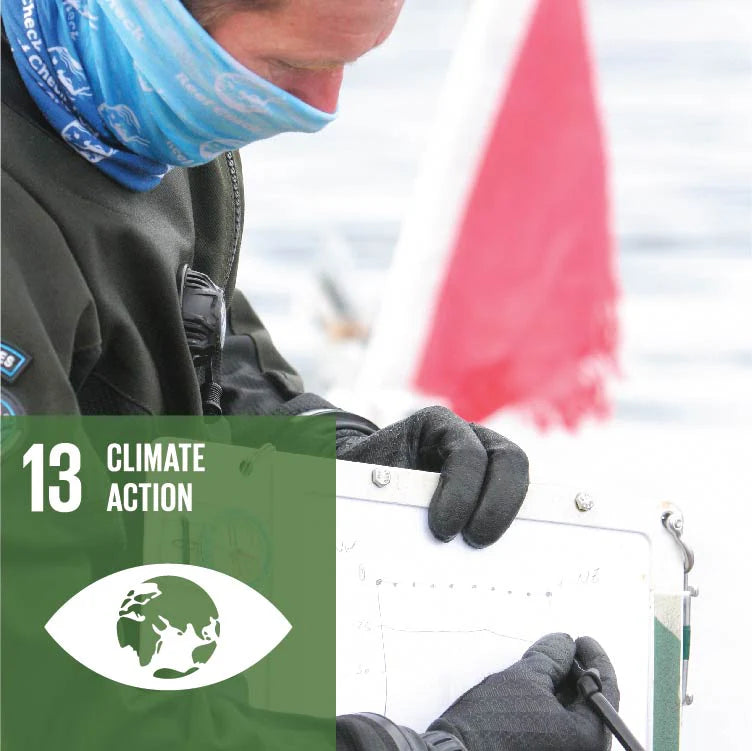
Climate Action
A critical component of this project is educating the local community of volunteer divers to successfully restore degraded kelp forests. Reef Check California and G2KR conduct training sessions for any divers interested in volunteering to restore the kelp forest ecosystem at Tankers Reef.
This method for restoring degraded kelp forests could develop capacity for kelp forest restoration activities around the world, thereby increasing carbon sequestration in kelp forests globally.
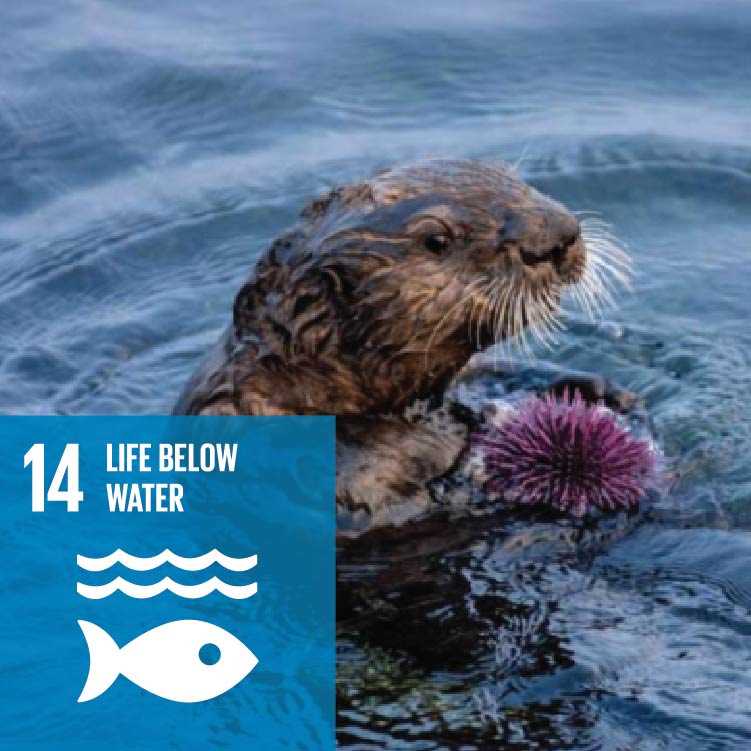
Life Below Water
Monterey Bay once provided habitat for many diverse species, including southern sea otters and sea stars. From 2013-2015, Monterey Bay experienced both a sea star wasting disease, wiping out 20 species of starfish, and a “warm blob“ of seawater, which together led to the proliferation of purple sea urchin barrens.
This project restores the kelp forest ecosystem of Monterey Bay by culling purple urchins, allowing for the reintroduction of kelp forests and native marine species.
